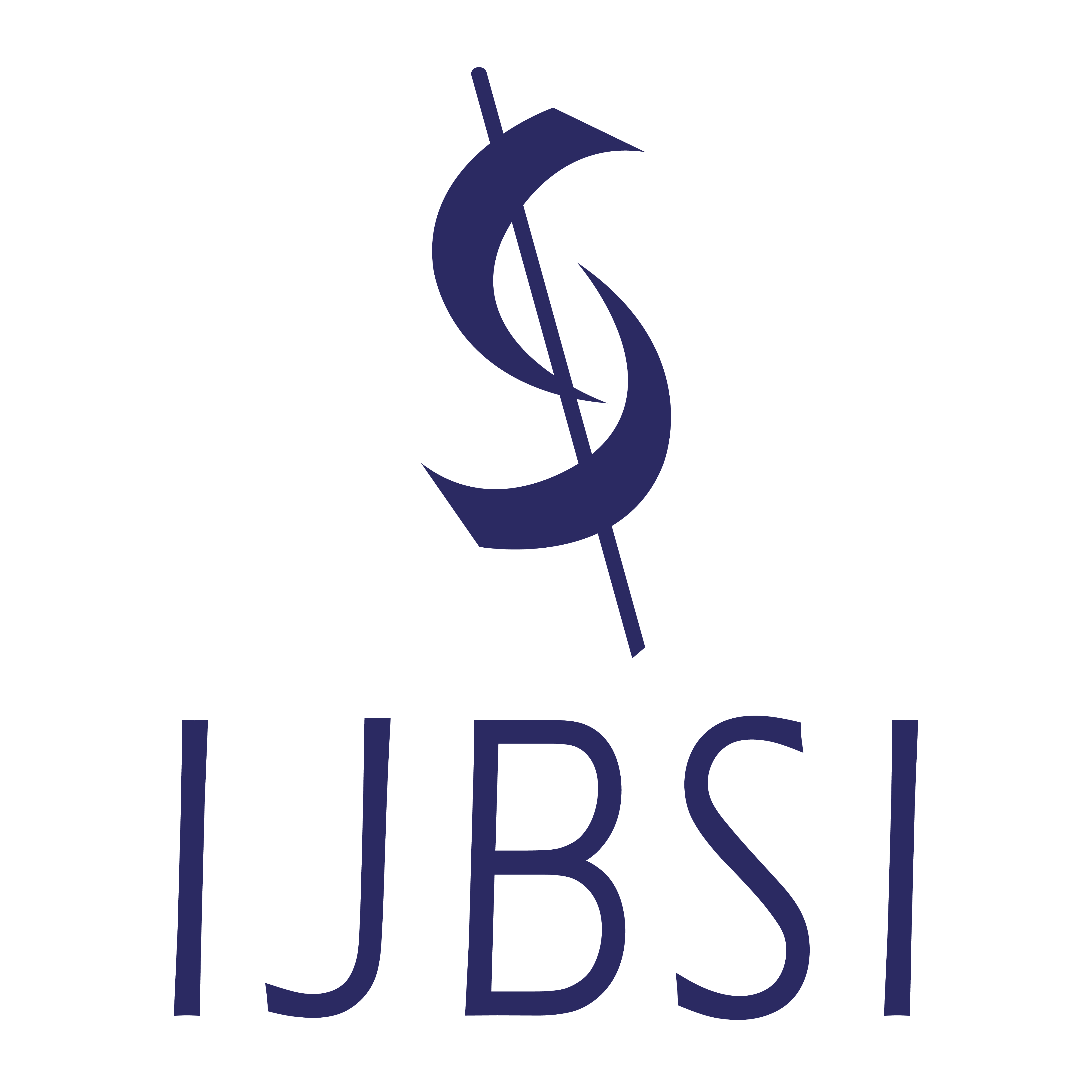Research Article
Unlocking Innovation and Sustainability in Communities of Practice: Exploring Duality in SME Clusters
More Detail
1 Department of Adult and Continuing Education, National Chung Cheng University, Chiayi, 621301, Taiwan* Corresponding Author
International Journal of Business Studies and Innovation, 3(2), June 2023, 15-20, https://doi.org/10.35745/ijbsi2023v03.02.0002
Submitted: 30 April 2023, Published: 30 June 2023
OPEN ACCESS 111 Views 97 Downloads
ABSTRACT
The significance of industrial clusters in the development of small and medium enterprises (SMEs) in remote areas has long been acknowledged. However, there is a lack of research examining innovation and sustainability within these clusters through the lens of Communities of Practice (CoPs). Thus, this study was carried out to specifically investigate the concept of Duality in SME clusters in remote regions of Taiwan to comprehend how Duality contributes to innovation and sustainability in these clusters. To gather data, a combination of purposive and snowball sampling methods was used. We visited a total of 12 SME clusters and interviewed the cluster leader and a senior member within each cluster, resulting in 24 respondents in total. The findings indicated that innovation within SME industrial clusters in remote areas of Taiwan is spurred by the concept of Duality, which is deeply rooted in shared practices and collaborative tasks. These collaborative tasks and shared practices facilitate continuous cycles of mutual engagement, joint enterprise, and shared repertoire, ultimately nurturing creativity. It was confirmed that the concept of Duality allows for clarifying how SME clusters establish their learning mechanisms, not only enhancing creativity but also reinforcing sustainability.
CITATION (APA)
Gau, W.-B. (2023). Unlocking Innovation and Sustainability in Communities of Practice: Exploring Duality in SME Clusters. International Journal of Business Studies and Innovation, 3(2), 15-20. https://doi.org/10.35745/ijbsi2023v03.02.0002


 The articles published in this journal are licensed under the CC-BY Creative Commons Attribution International License.
The articles published in this journal are licensed under the CC-BY Creative Commons Attribution International License.